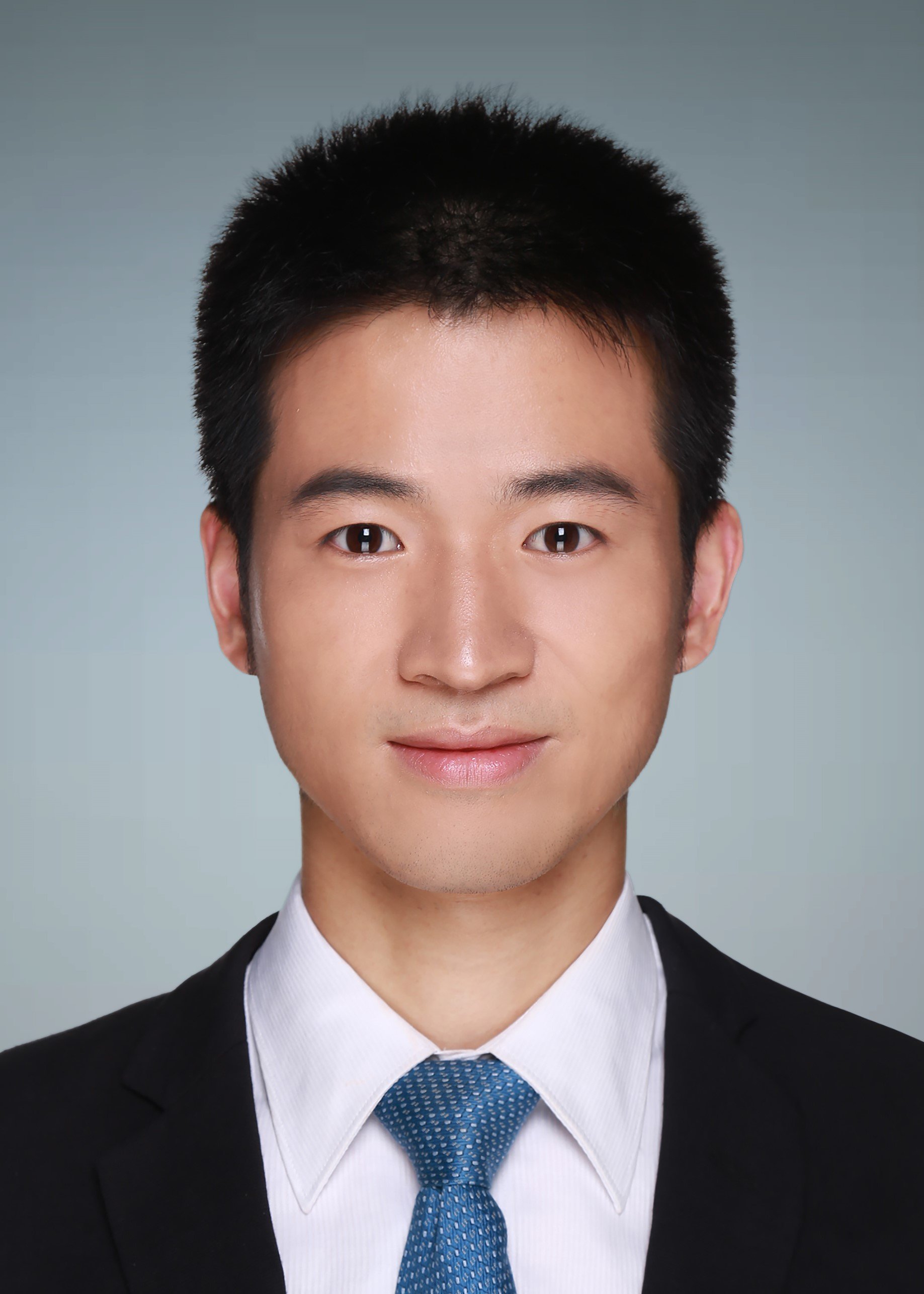
Journal Menu
► ▼ Journal Menu-
- Nanomaterials Home
- Aims & Scope
- Editorial Board
- Reviewer Board
- Topical Advisory Panel
- Instructions for Authors
- Special Issues
- Topics
- Sections & Collections
- Article Processing Charge
- Indexing & Archiving
- Editor’s Choice Articles
- Most Cited & Viewed
- Journal Statistics
- Journal History
- Journal Awards
- Society Collaborations
- Conferences
- Editorial Office
Journal Browser
► ▼ Journal BrowserNeed Help?
Announcements
7 May 2024
Interview with Prof. Dr. Jing Li—Winner of the Nanomaterials 2023 Outstanding Reviewer Award

Name: Prof. Dr. Jing Li
Affiliation: School of Chemistry, Beihang University, China
Research Interests: surface chemistry and functional assembly of two-dimensional materials
The following is an interview with Prof. Dr. Jing Li:
1. Could you give a brief introduction of yourself to the readers?I was born in 1989 and raised in Hubei Province, People's Republic of China. I earned my B.S. degree in chemistry from Wuhan University, People's Republic of China, in 2011. Subsequently, I pursued my Ph.D. at the Institute of Chemistry, Chinese Academy of Sciences, under the guidance of Prof. Li-Jun Wan and Prof. Dong Wang, focusing on the chemical synthesis and functionalization of graphene, and graduated in 2016. Following that, I served as a research fellow with Prof. Jiong Lu at the National University of Singapore from 2016 to 2022, where I concentrated on the solution synthesis and surface analysis of two-dimensional materials. In 2022, I joined the School of Chemistry at Beihang University, People’s Republc of Chine, as a professor. My research interests encompass the surface study and chemical functionalization of low-dimensional materials.
2. What are you currently researching, and why did you choose this research field?I am currently concentrating on synthesizing novel two-dimensional (2D) nanomaterials and exploring their functional integration into advanced electrocatalytic and mechanical composites. 2D nanomaterials, characterized by their atomic-thick crystalline sheets, possess ultrahigh surface areas and atomic-tailorable crystallinity, affording them many engineerable properties in electronics, photonics, and mechanics. Leveraging these attributes, we aim to facilely fabricate functional composites incorporating a minor amount of 2D nanosheets.
3. Have you ever encountered any difficulties conducting research and how did you overcome them?I believe that most researchers encounter various challenges in their daily research endeavors, and I can certainly attest to facing difficulties in my own research pursuits. Chemistry research, like any scientific pursuit, frequently presents a spectrum of unforeseen obstacles, spanning from experimental setbacks to conceptual complexities. Overcoming these hurdles demands resilience, creativity, and, at times, collaboration. Typically, I address such challenges by initially engaging in meticulous troubleshooting and thoroughly analyzing experimental protocols. This may entail repeating experiments, verifying reagent purity, or modifying experimental conditions to identify the root cause of the issue.
4. Which research topics do you think will be of particular interest to the research community in the coming years?I think it could be advanced mechanical and thermal nanocomposites. Two-dimensional (2D) materials and numerous low-dimensional nanomaterials exhibit exceptionally unique thermal and mechanical properties in contrast to their three-dimensional counterparts. The investigation into the mechanical and thermal attributes of 2D materials, encompassing aspects such as strength, flexibility, and thermal conductivity, is pivotal for comprehending their structural integrity and resilience across diverse applications. The pursuit of methodologies aimed at enhancing these properties or customizing materials to achieve specific mechanical and thermal characteristics holds profound significance for practical implementations in flexible electronics, thermal regulation, and nanocomposite materials.
5. We are an open access journal. How do you think open access impacts authors?I believe that open access has many significant impacts on authors, such as heightened accessibility, enriched collaboration opportunities, and amplified citation rates and impact metrics.
6. Which qualities do you think reviewers need?The patience and willingness to accept feedback in a very constructive manner.
7. What do you think are the main criteria that should be taken seriously in the process of reviewing manuscripts?Scientific validity and originality.
8. As the winner of this award, is there something you want to express or someone to thank most?I am profoundly honored and humbled to receive this award. I am immensely grateful to my Ph.D. and postdoctoral mentors for their invaluable scientific mentorship and guidance, which have significantly contributed to the shaping of my scientific techniques, critical thinking abilities, and expertise. Their mentorship not only benefited me greatly, but also empowered me to offer more insightful suggestions to others.




